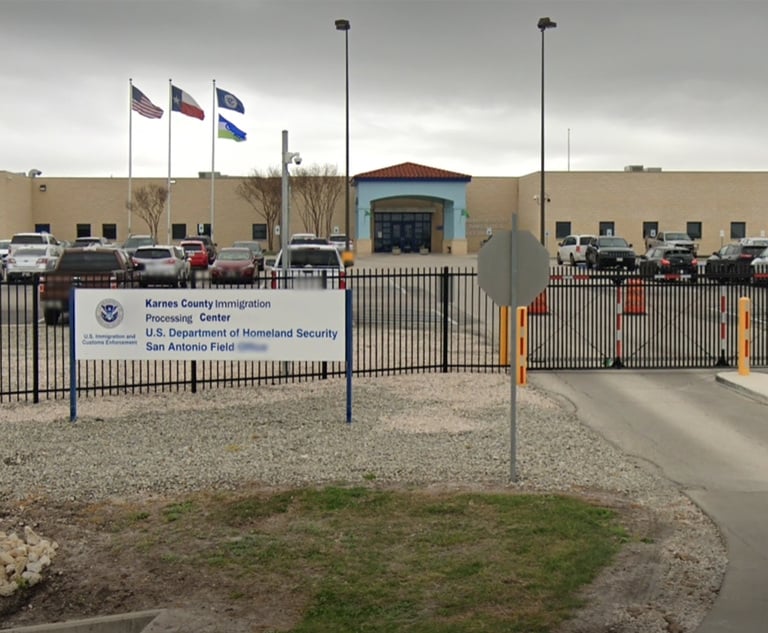President Biden made a campaign promise to introduce immigration reform that would restore U.S. values and vision as a welcoming nation. With the Trump administration in the rearview mirror, Biden has been working hard to undo the immigration policies of the last four years. Upon taking office, the president introduced the U.S. Citizenship Act of 2021, the first proposed major overhaul of the U.S. immigration system since 1996.
This bill makes it clear that the Biden administration prioritizes humanitarian-based policies, such as for refugees and asylum-seekers, over a business or employment-based agenda. Still, the legislation has carved out potentially meaningful reforms to employment-based immigration laws. Here is a sampling of some of those proposals:
- Doctoral STEM (Science, Technology, Engineering and Mathematics) graduates from accredited U.S. universities would not be subject to numerical limitations when applying for lawful permanent residency, or green cards.
- Elimination of annual country limitations for employment-based green cards. Each year, the U.S. government allots a set number of green cards for foreign nationals by country of birth. These limitations may create backlogs – especially for those born in countries with a high number of immigrants, such as China and India.
- Dual Intent for F-1 Students – Currently, international students may not apply to stay in the U.S. permanently while on a Student F-1 visa. Under the immigration bill, international students would be allowed to file for a green card while attending school.
- Extensions beyond maximum periods of temporary visa status for many visa categories if 365 days or more have passed since the filing of a PERM Labor Certification (first step of the green card process). This provision currently only exists for H-1B visas, but if passed as presented, the benefit would be extended to other visas.


 Sang Shin is an immigration attorney in Houston with Jackson Walker LLP. Courtesy photo
Sang Shin is an immigration attorney in Houston with Jackson Walker LLP. Courtesy photo




